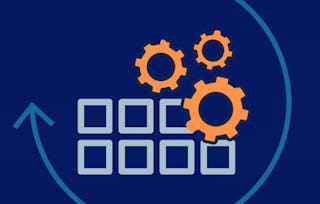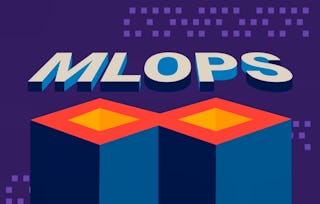This course features Coursera Coach!
A smarter way to learn with interactive, real-time conversations that help you test your knowledge, challenge assumptions, and deepen your understanding as you progress through the course. Master the entire lifecycle of building and deploying machine learning systems in production with this hands-on DevOps to MLOps Bootcamp. You'll learn how MLOps optimizes model development, deployment, and monitoring, gaining skills in tools like Docker, Kubernetes, MLflow, FastAPI, Streamlit, Prometheus, and GitHub Actions. This course bridges the gap between data science and scalable ML infrastructure. You'll explore MLOps concepts, trace its evolution through LLMOps and AgenticAIOps, and study real-world case studies. Apply these principles through a regression-based house price prediction project. The course covers CI pipelines with GitHub Actions and advanced production systems with Kubernetes, KEDA, and ArgoCD. The final sections focus on monitoring, autoscaling, and implementing GitOps pipelines for ML/LLM app deployment. Ideal for data scientists, ML engineers, DevOps pros, and developers, the course requires basic Python, ML knowledge, and container familiarity. By the end, you'll deploy models with containerized APIs and manage scalable systems.


















